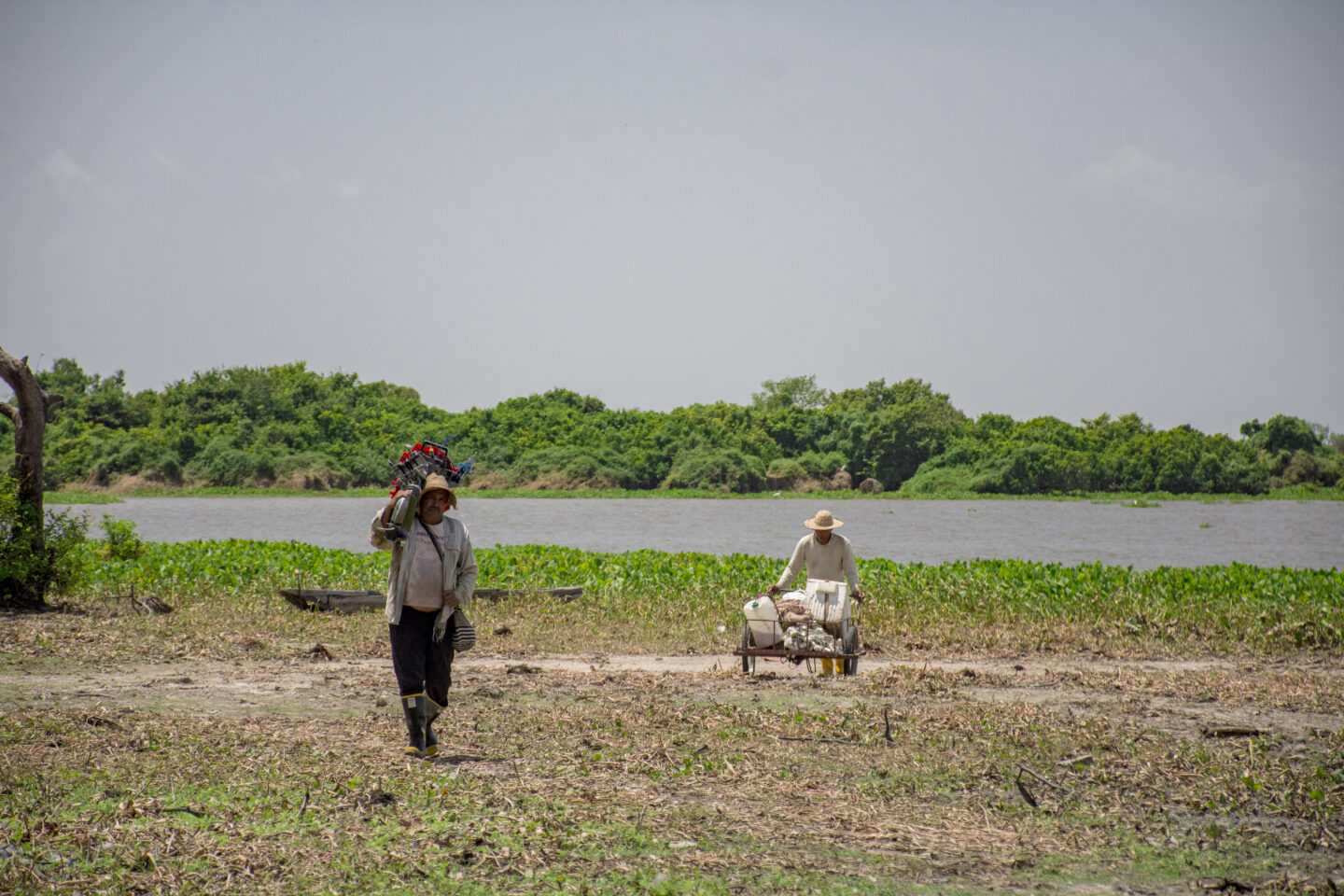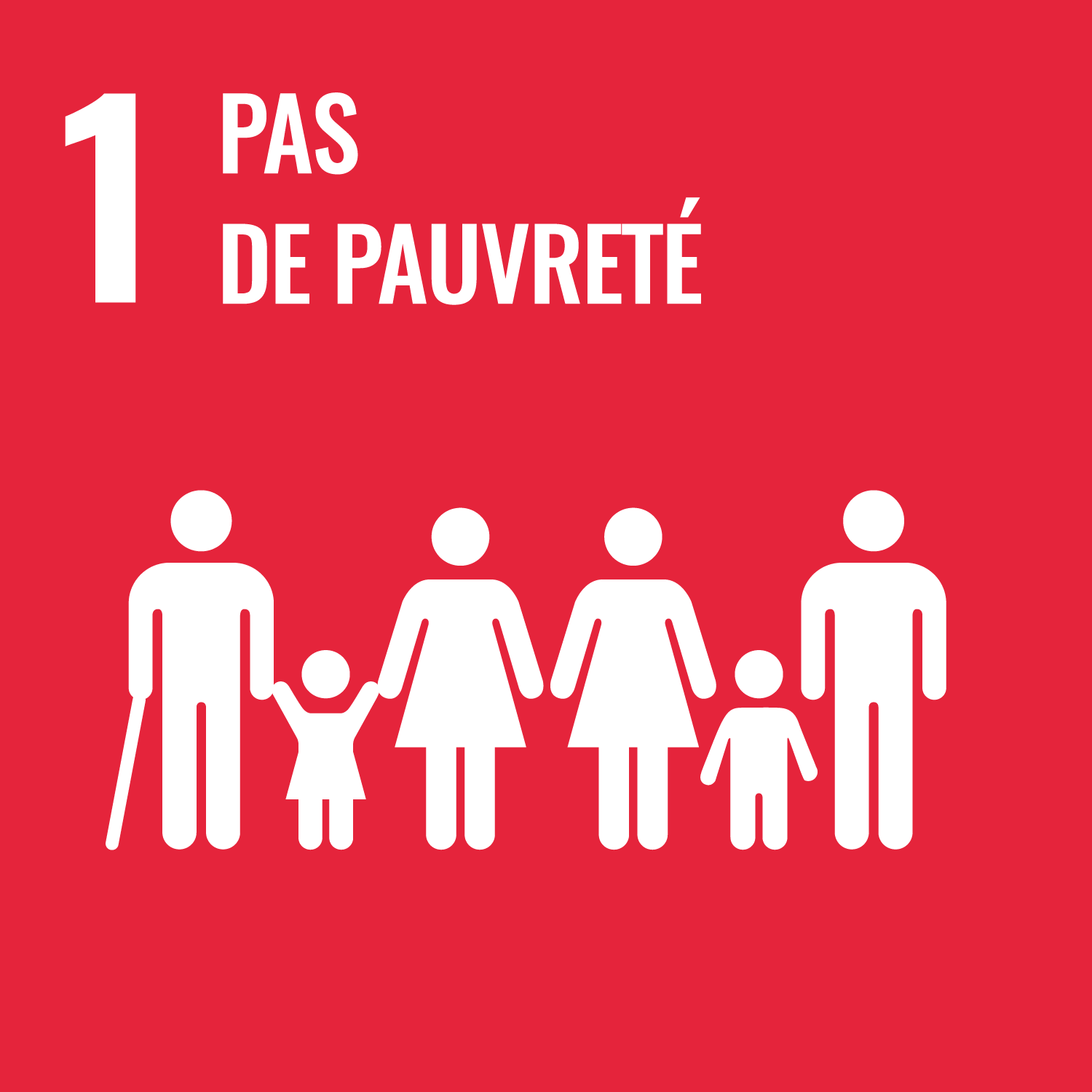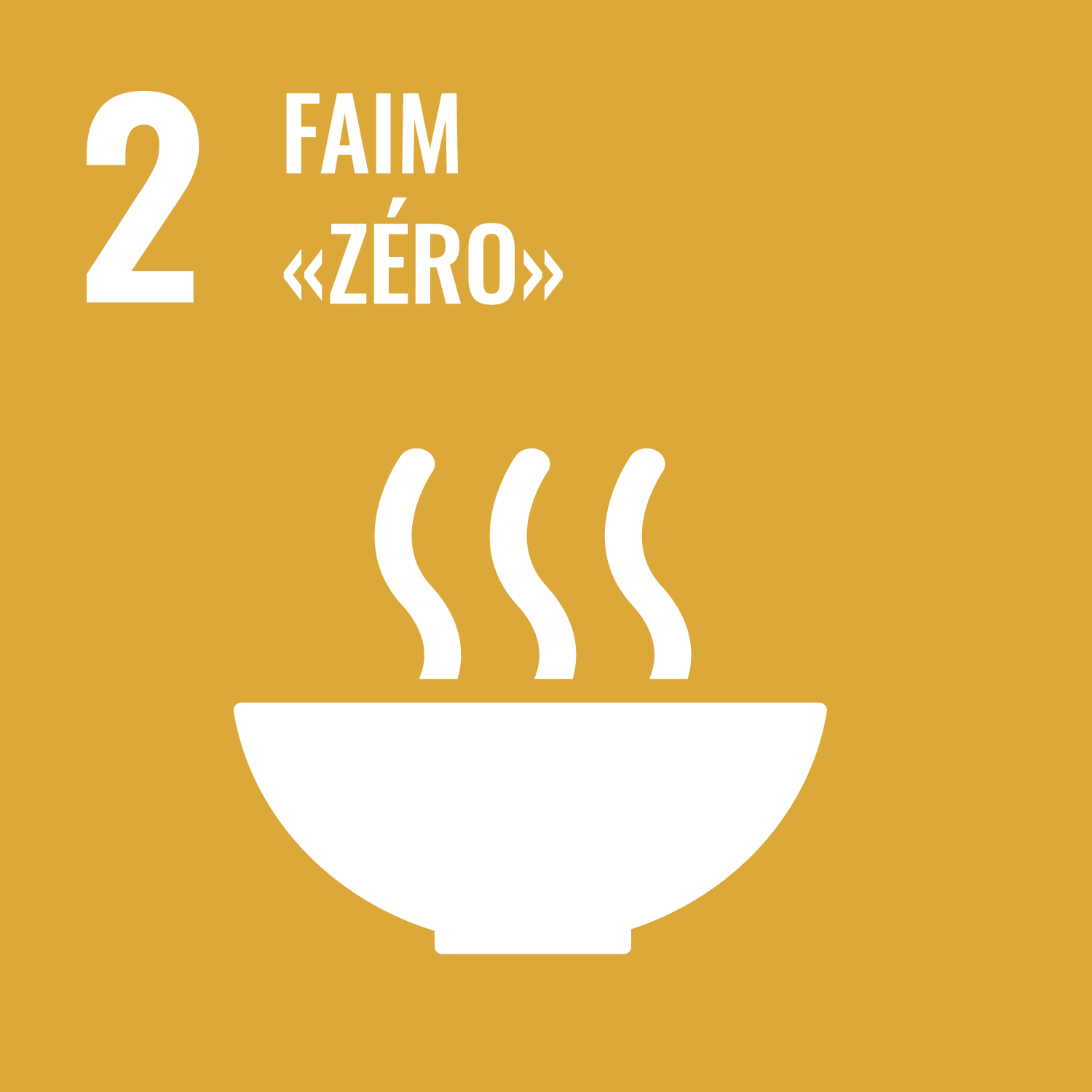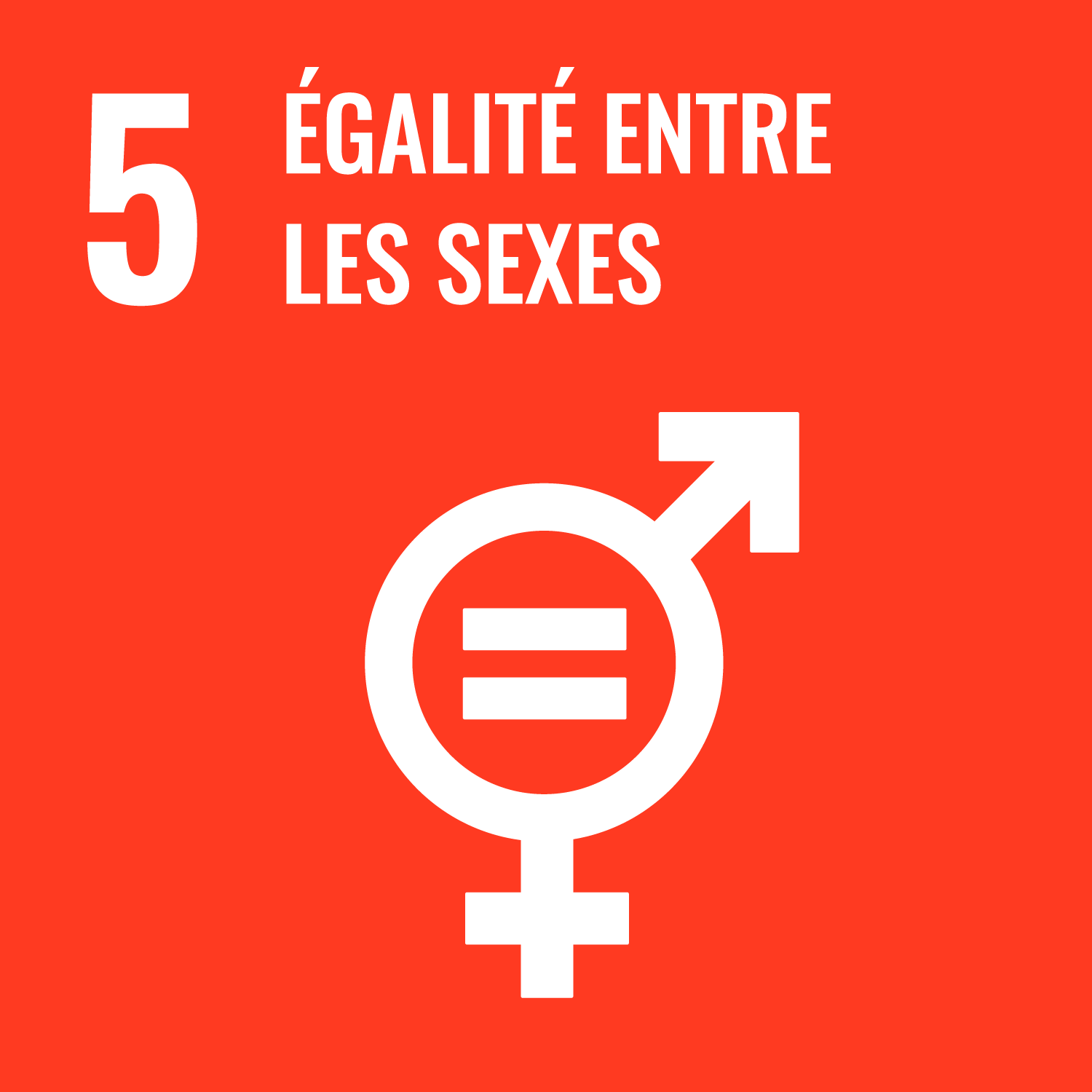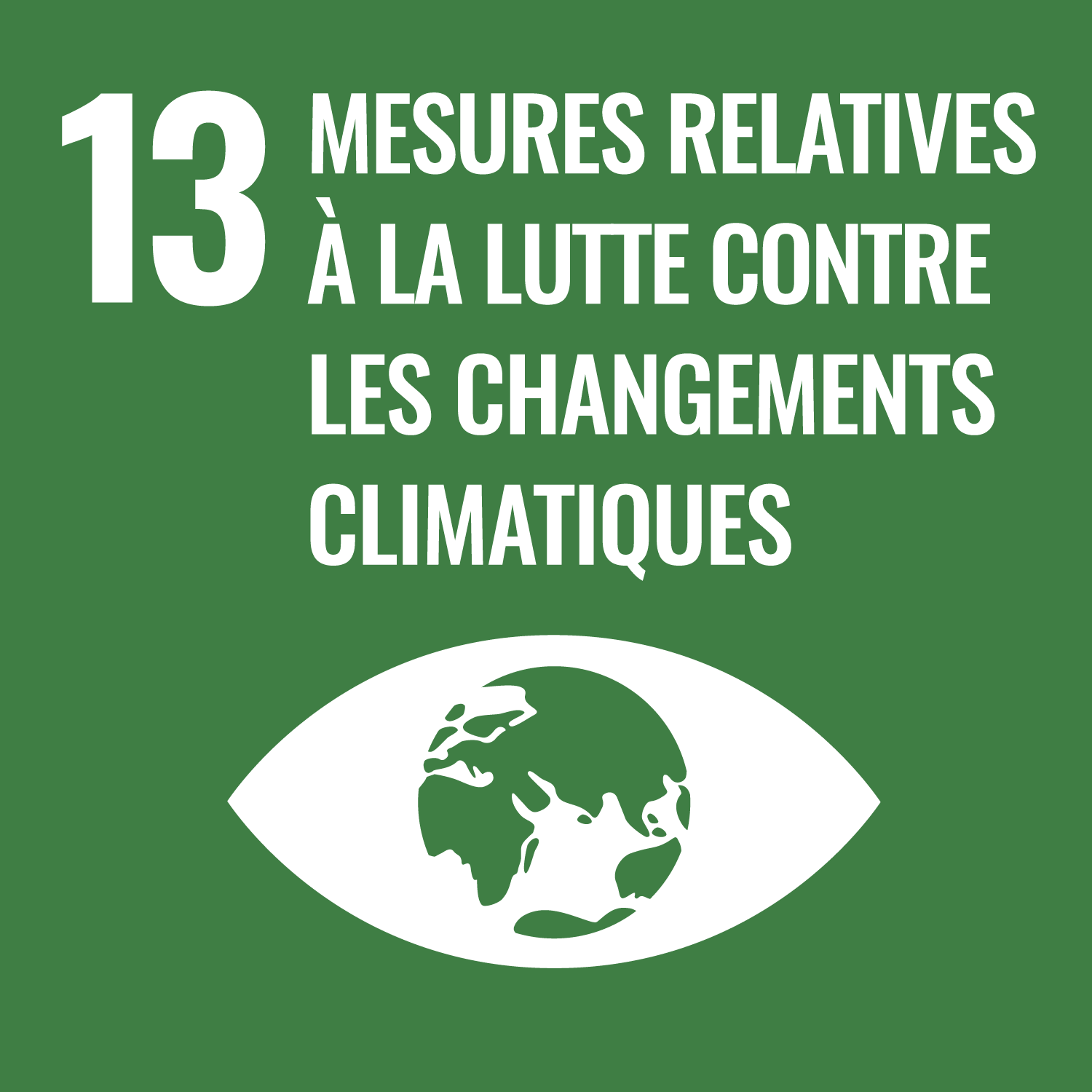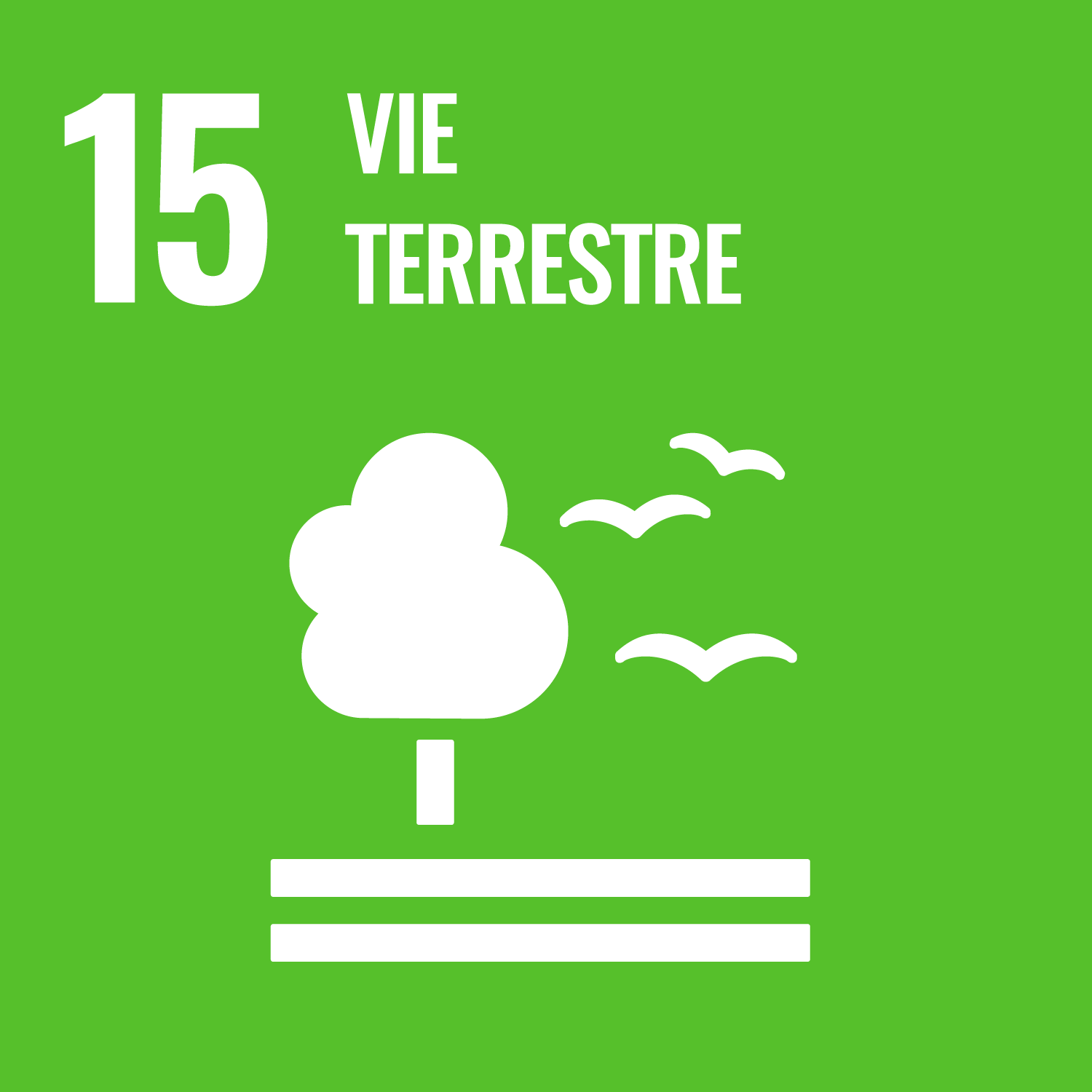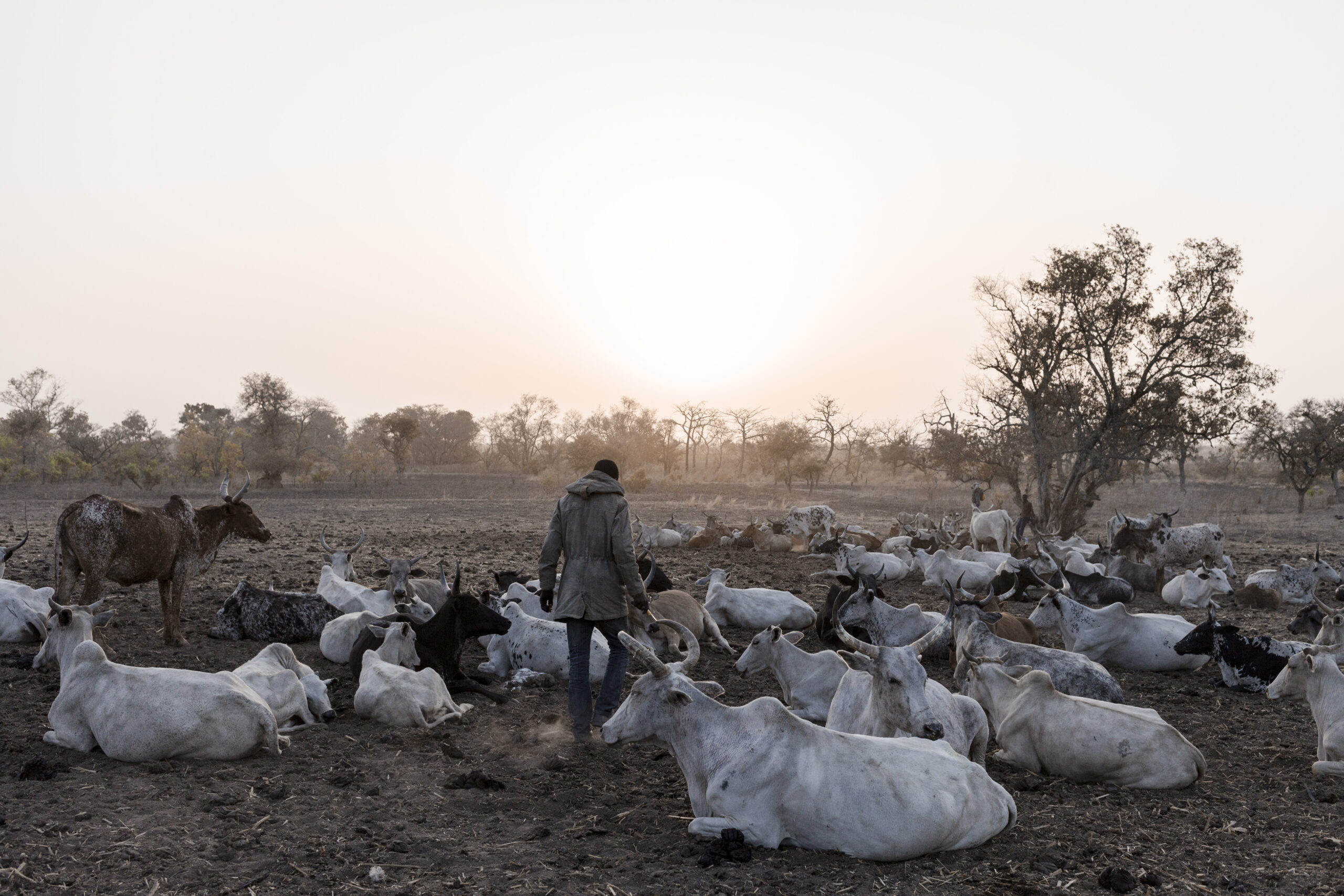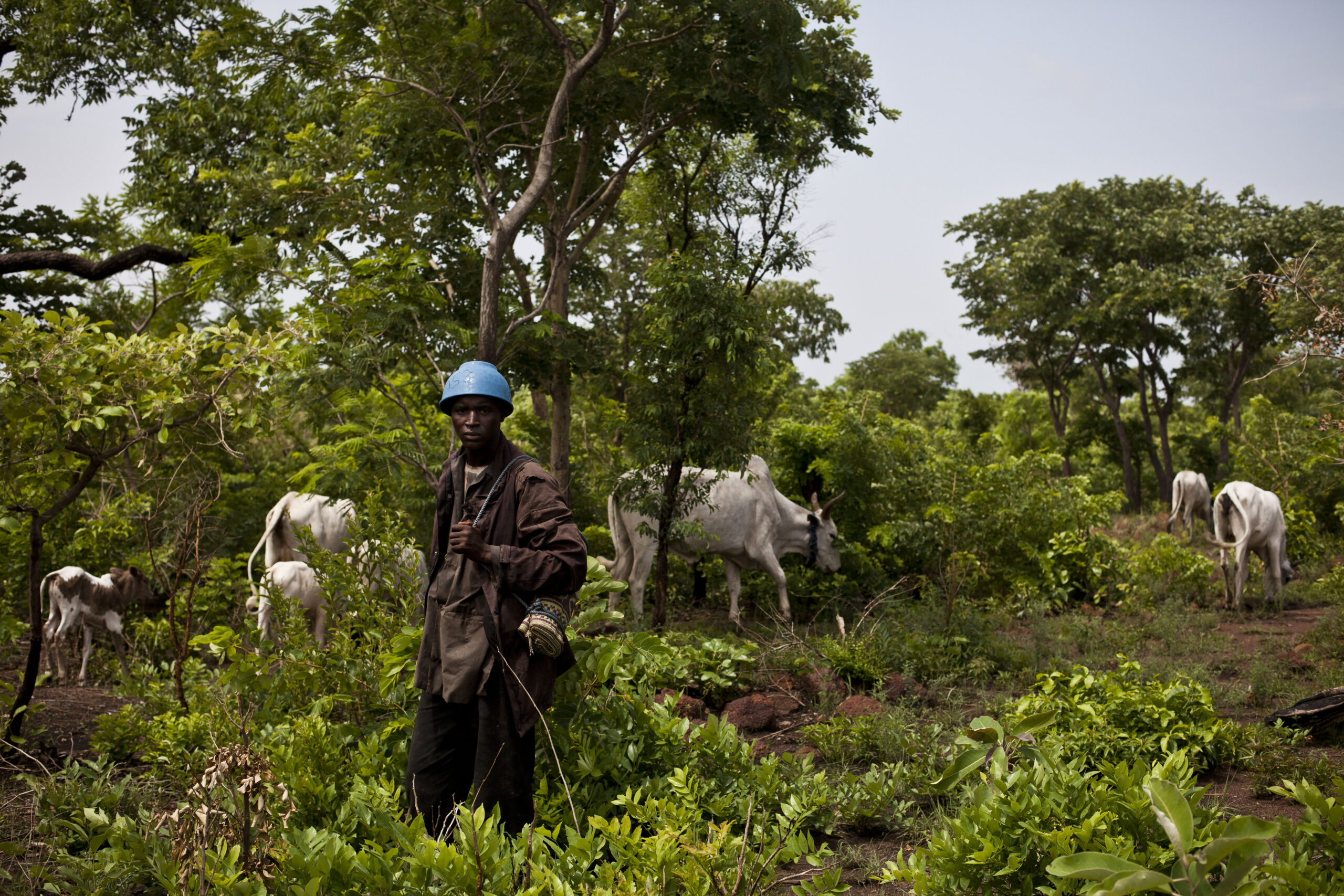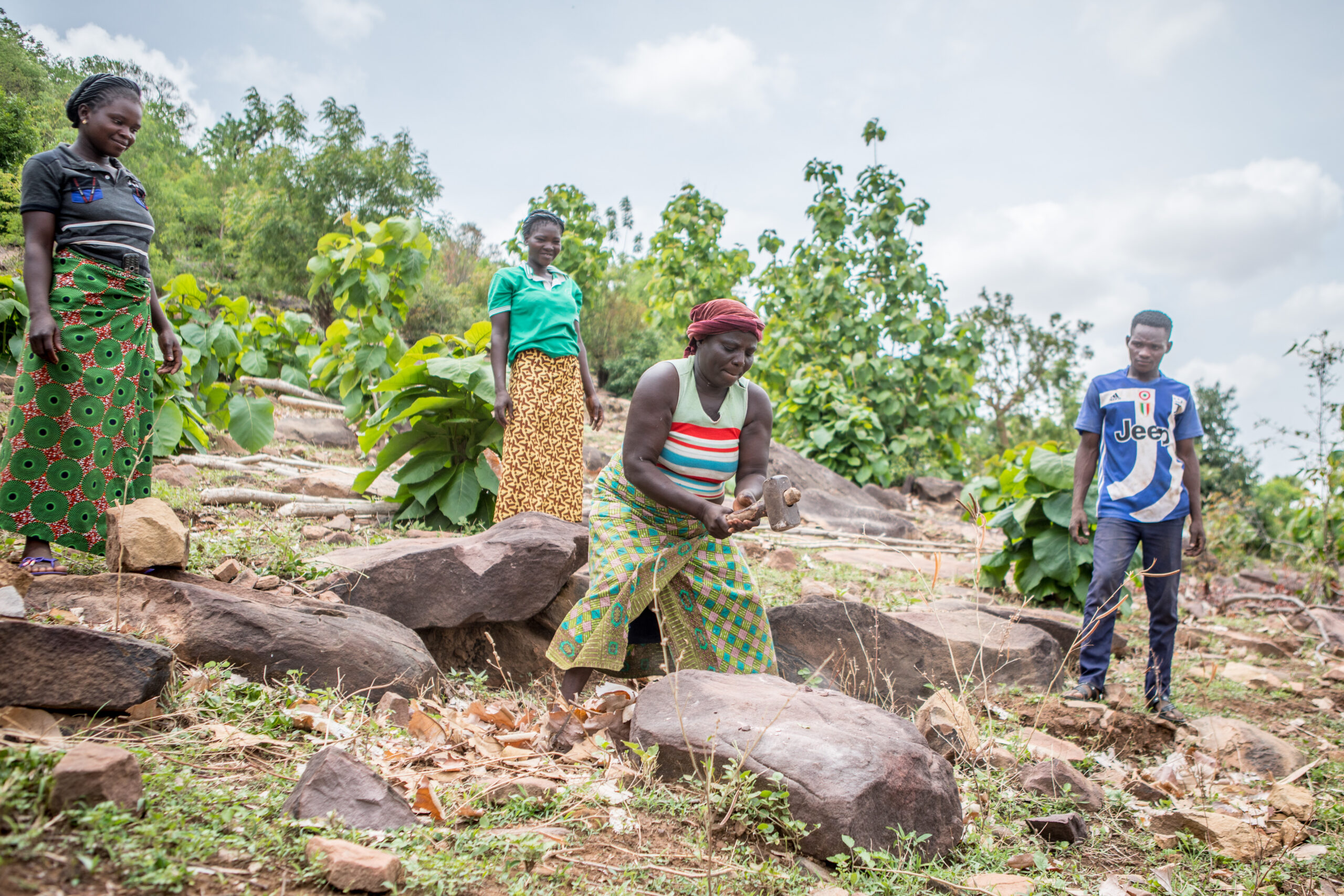| SATER Project: Participatory Strategies for Adaptation to Climate Change for Resilient Territories and Ecosystems |
Protection and sustainable management of ecosystems to facilitate adaptation to climate change
CONTEXT
Protecting and restoring strategic ecosystems, such as wetlands, means preserving the services they provide: food (fishing, agriculture, aquaculture), timber, medicinal plants, for example. The unsustainable use of natural resources, the lack of technical and financial resources, poor governance and the impact of climate change are exacerbating environmental degradation and increasing the vulnerability of local rural populations, who are already severely disadvantaged by the lack of economic alternatives.
The SATER project is located in the north-east of Colombia, in the department of Cesar, in the wetlands of the Ciénaga de Zapatosa – a site protected by the 1971 RAMSAR Convention, which obliges governments to protect these ecosystems on a long-term basis – and the Ciénaga de Sahaya, the department’s second largest wetland. These two areas, linked by the river Magdalena, have been undergoing severe degradation for over ten years as a result of the effects of climate change, endangering socio-ecological and productive systems and making it impossible to natural ecosystems.
THE ACTION
The SATER project – Participatory Strategies for Adaptation to Climate Change for Resilient Territories and Ecosystems – is a continuation of the ABA project, which will run in Colombia until 2023. Its aim is to implement a comprehensive approach to adapting to climate change through ecosystem-based measures (AbE). By strengthening the technical and material capacities of the local population, the project is addressing environmental, economic and governance issues.
THE SATER PROJECT WILL
- Areas of high environmental value for adapting to climate change are protected and restored in a sustainable manner;
- Local communities implement productive and economic diversification initiatives to improve their food security and access to the local market;
- Local stakeholders are strengthened and tools are implemented to promote participatory governance and sustainable management of ecosystems.
KEY INDICATORS AND IMPACTS OF THE SATER PROJECT
- 800 people (at least 55% women), including artisanal fishermen, farmers and Afro-Colombian descendants, are benefiting from the ecological protection and restoration, economic diversification and capacity-building initiatives;
- 13,792 people affected by the project in the municipalities of Chimichagua and La Gloria
- 35 hectares redeveloped and restored to make them more resilient to climate change in at least 50% of the redeveloped areas AbE measures are still being applied;
- Implementation of community nurseries managed by women;
- Awareness-raising and training on the challenges of climate change and sustainable ecosystem management using the AbE methodology (45 people trained, 55% of them women);
- Creation and/or strengthening of agro-ecological family vegetable gardens and community seed banks;
- Organisational and technical reinforcement for the creation of a network for the marketing of agroecological products;
- Capacity-building using a Social Solidarity Economy approach;
- 1 Management and sustainable use plan, 1 Community monitoring system;
- Awareness-raising and training in environmental education for young people and strengthening of community spaces (50 young people accompanied and trained, at least 55% of them women);
- Technical support and training for environmental and productive planning through the Life Plan, with the support of Colombia’s Externado University;
- Creation of a “school” for local facilitators (10 facilitators trained);
- Setting up a community system for monitoring environmental and climate change;
- Capitalising on experience (2 events organised and 2 documents produced);
- Strengthening the Fundación ALMA;
- Strengthening women as part of the gender approach (protocol drawn up to combat violence against women);
- Setting up a pilot climate emergency fund: 1 humanitarian emergency intervention carried out when necessary.
This project receives financial support from the Agence française de développement (AFD), Air France and the Fondation Groupe EDF.
